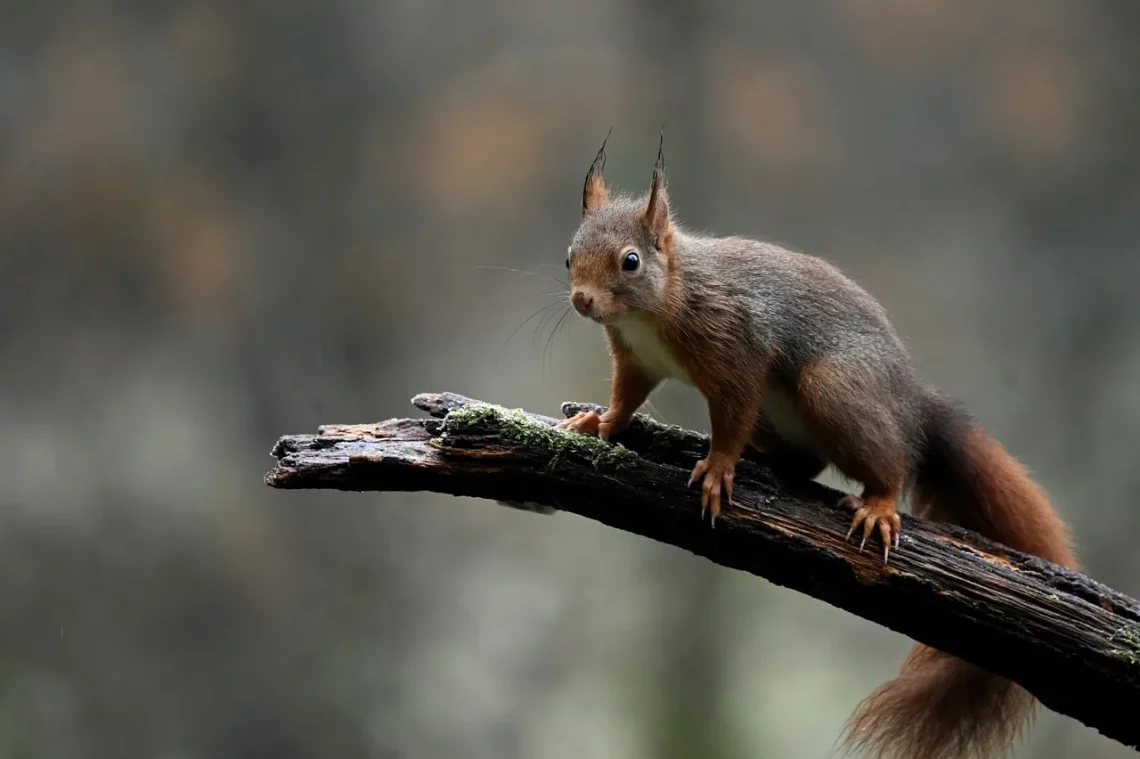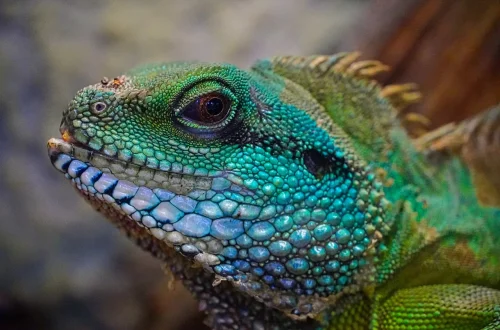
Should Squirrels Eat Bread? Understanding the Risks and Benefits
Squirrels are one of the most common and beloved creatures in urban and suburban areas. Their playful antics and bushy tails bring joy to many, making them a favorite among wildlife enthusiasts and casual observers alike. While it may be tempting to share our snacks with these furry friends—especially bread, which is a staple in many households—it’s essential to understand the implications of doing so. Squirrels, like all animals, have specific dietary needs that must be met for optimal health. Feeding them inappropriate foods can lead to a range of issues, from nutritional deficiencies to digestive problems.
Moreover, understanding the natural diet of squirrels helps us appreciate their role in the ecosystem. In their natural habitats, squirrels consume a wide variety of foods, including nuts, seeds, fruits, and even fungi. Each of these components plays a crucial role in their overall well-being. As responsible observers of wildlife, we must consider the consequences of our actions and the impacts of human food on these creatures. This article aims to explore the complexities surrounding the question of whether squirrels should eat bread, providing insights into both the potential risks and benefits associated with this common food item.
Understanding the Squirrel’s Natural Diet
To evaluate whether bread is a suitable food for squirrels, it’s crucial to understand what constitutes their natural diet. Squirrels are primarily herbivorous, although some species may occasionally consume insects or small animals. Their primary food sources include nuts, seeds, fruits, and vegetables. Each of these food types provides essential nutrients that support their growth, reproduction, and overall health.
Nuts are perhaps the most significant component of a squirrel’s diet. They are high in fats and proteins, which are vital for energy, particularly during the colder months when food is scarce. Squirrels exhibit a fascinating behavior called “caching,” where they store nuts in various locations for later use. This not only helps them survive through winter but also contributes to forest regeneration, as forgotten nuts may sprout into new trees.
Seeds, particularly from grasses and flowers, also make up a vital part of their diet. These seeds provide carbohydrates, which are essential for energy. Fruits and vegetables, on the other hand, offer hydration and vitamins, rounding out their nutritional needs. For example, apples, berries, and leafy greens can be beneficial additions to a squirrel’s diet.
Bread, in contrast, lacks the essential nutrients that squirrels require. While it might provide a quick source of carbohydrates, it is devoid of the fats and proteins that are critical for their health. Moreover, bread can lead to obesity and other health issues when consumed in large quantities. Therefore, understanding the natural dietary habits of squirrels underscores the importance of providing them with appropriate food that meets their nutritional needs.
The Risks of Feeding Squirrels Bread
While it may seem harmless to toss a few bread crumbs to a squirrel, there are several risks associated with this practice. First and foremost, bread lacks the necessary nutritional value that squirrels need. Regular consumption of bread can lead to malnutrition, as it does not contain the essential fats, proteins, and vitamins found in their natural food sources. This deficiency can result in various health issues, including weakened immune systems, poor fur quality, and stunted growth.
Additionally, bread can cause digestive problems for squirrels. Many types of bread, especially those that are processed, contain additives and preservatives that could be harmful to their digestive systems. Squirrels are not equipped to handle large amounts of processed foods, which can lead to gastrointestinal distress. Symptoms may include bloating, diarrhea, or even more severe conditions that require veterinary intervention.
Another significant concern is the potential for obesity. Bread is high in carbohydrates, which can lead to weight gain if consumed excessively. Obesity in squirrels can lead to a host of health problems, including diabetes and heart disease. When squirrels become reliant on human-provided foods like bread, they may also neglect their natural foraging behaviors, further exacerbating their health issues.
Moreover, feeding squirrels bread can alter their natural foraging habits. If they become accustomed to receiving food from humans, they may lose their instincts to search for natural food sources. This dependency can disrupt local ecosystems, as squirrels play an essential role in seed dispersal and forest health. For these reasons, it is crucial to refrain from feeding squirrels bread or any other human food that is not suitable for their diet.
Potential Benefits of Offering Bread in Moderation
While the risks of feeding squirrels bread are significant, some argue that offering small amounts in moderation can have potential benefits. For instance, during harsh winter months when food is scarce, a few pieces of bread may provide a temporary source of energy for squirrels struggling to find natural food. However, this practice should be approached with caution and be limited to emergency situations.
When offering bread, it’s essential to choose healthier options. Whole grain or rye bread is preferable to white bread, as it contains more fiber and nutrients. Additionally, bread should be given in small quantities to avoid overwhelming their digestive systems. Ideally, any bread offered should be complemented with more nutritious foods, such as nuts or seeds, to ensure that squirrels receive a balanced diet.
Another potential benefit is that offering bread can foster a connection between humans and wildlife. For many, feeding squirrels can be a delightful activity that encourages observation and appreciation of nature. This interaction can lead to a greater awareness of wildlife conservation and the importance of maintaining natural habitats. However, it’s vital to strike a balance and ensure that such interactions do not harm the animals in the long term.
Ultimately, while there may be some situational benefits to offering bread to squirrels, it is crucial to prioritize their health and well-being. Regular feeding of bread should not be encouraged, as it can lead to unwanted health issues and dependency on human-provided food sources.
Alternatives to Bread for Feeding Squirrels
If you enjoy feeding squirrels and want to provide them with a nutritious diet, there are far better alternatives than bread. Nuts are one of the best options, as they provide the essential fats and proteins that squirrels need. Almonds, walnuts, and pecans are particularly good choices. It’s best to offer them unsalted and unprocessed nuts, as these are closest to what squirrels would find in their natural environment.
Seeds are another excellent option. Sunflower seeds, for example, are a favorite among many squirrels and provide a good source of energy. Just like nuts, seeds should be offered in moderation to avoid excessive caloric intake.
Fruits and vegetables can also be beneficial additions to a squirrel’s diet. Apples, bananas, and berries are great choices that offer vitamins and hydration. Leafy greens, such as spinach or kale, can provide additional nutrients. When offering fruits and vegetables, ensure they are fresh and clean, avoiding any spoiled or moldy items.
Finally, consider creating a squirrel-friendly backyard. Planting native trees, shrubs, and flowers can attract squirrels and provide them with natural food sources. Additionally, providing a water source, such as a birdbath, can help them stay hydrated. This approach not only supports the local wildlife but also enhances your outdoor space.
In conclusion, while it might be tempting to share bread with squirrels, it is essential to consider their health and natural dietary needs. Instead, focus on providing them with appropriate foods that support their well-being and foster a healthy relationship between humans and wildlife.
**Disclaimer:** This article is for informational purposes only and does not constitute medical advice. For any health-related concerns regarding wildlife, please consult a veterinarian or wildlife specialist.




